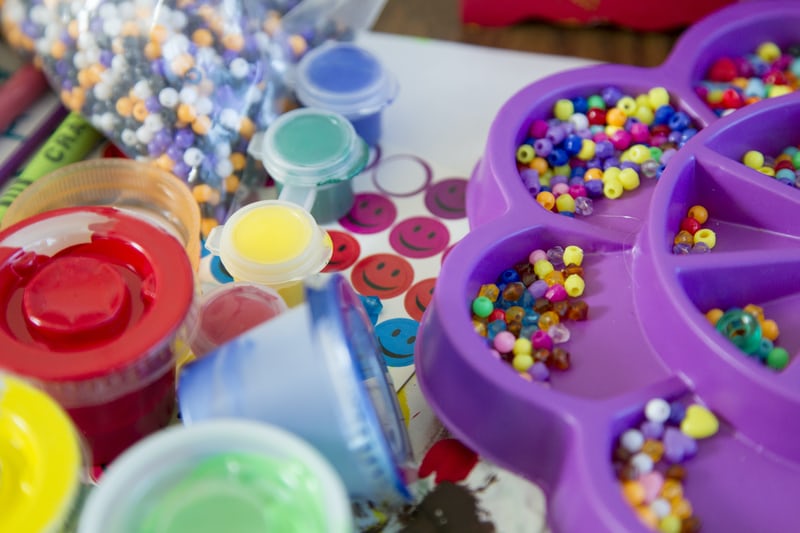Play may be the key to individuality and independence for children with additional needs

Dr Amy Claughton, from the School of Education at Federation University Australia has completed research into play based learning as part of her PhD, exploring how play-based learning provides opportunities for children with disabilities to demonstrate their individuality and independence, and how the role of the teacher is crucial in supporting play.
While Dr Claughton’s research focused on children in the first years of school, those holding a Bachelor of Early Childhood, from birth to age eight years, will find the research of interest as it supports the role play-based learning has in the early childhood education and care (ECEC) sector, and as advocates for inclusion.
Conducting the research in a rural specialist school observing children with disabilities as they played, and working with children, the classroom teacher, classroom aide and parents to gather information about the children’s play, Dr Claughton found that the children self-initiated play and investigated topics of interest that were meaningful to them.
She also discovered that play-based learning was spontaneous and self-directed, and gave children choice over the play they conducted in the classroom.
I observed the students playing but I also got involved in their play and I asked them to communicate to me the different ways in which they’d like to play and enjoy play-based learning,” Dr Claughton said.
“One of the children used a video and he went around the room and recorded the things that he liked to play with, while others showed me bits and pieces of the toys that they like to play with or they took photos or kept things that they’d made so that I could take photos of their contribution which was a big part of my research as well” she added.
A range of resources were employed by the children in their play, such as blocks, clay, sand and construction materials which were used to explore and represent their ideas.
“They showed purpose in their play, regardless of the style or length of play they were engaging in” Dr Claughton said.
Much of the play was self directed, with children quickly engaging in play-based learning themselves, influencing and negotiating with each other as they played, depending on who they were playing with and the different rules around the play.
“Those rules were made by themselves so the teachers weren’t interacting saying, ‘No, you have to let him have a turn,’ – they would figure out who gets to have a turn and why” she added.
While research is available looking at playfulness in education – where structured play was introduced to a classroom – this moved away from spontaneous play and letting the children take the lead.
She said the role of the classroom teacher and other adults in the classroom was critical in letting the students self-direct their play. Throughout her observations, Dr Claughton observed adults who were able to connect children to their interests, and spark an idea that children followed back towards spontaneous play.
“How children engage in play is particularly unique. I would encourage people who are teaching children with a disability to look for that uniqueness that they bring to their playing” Dr Claughton said, advocating for “more opportunity for timetabled play and for teachers to be observing what children are doing during their play.”
“There is an opportunity to focus more on behaviour rather than actions. Previously when we looked at play we were quite focused on the actions – how are they playing, what type of play are they engaging in and what does it look like? We need to look at the behaviour to see how they are showing self-determination and direction in their play, and if we start looking at that behaviour then we start to see whether or not there’s more play happening.”
To view Dr Claughton’s research please see here.
Popular

Quality
Workforce
Practice
Provider
Caring for children after community tragedy
2025-12-15 08:28:17
by Fiona Alston

Economics
Provider
Quality
Jobs News
Policy
Practice
Workforce
The year in review: 2025's most impactful ECEC news stories and shifts
2025-12-16 07:32:18
by Fiona Alston

Quality
Practice
Research
Small ways to teach babies and toddlers body safety and consent in early learning
2025-12-15 08:00:40
by Fiona Alston














